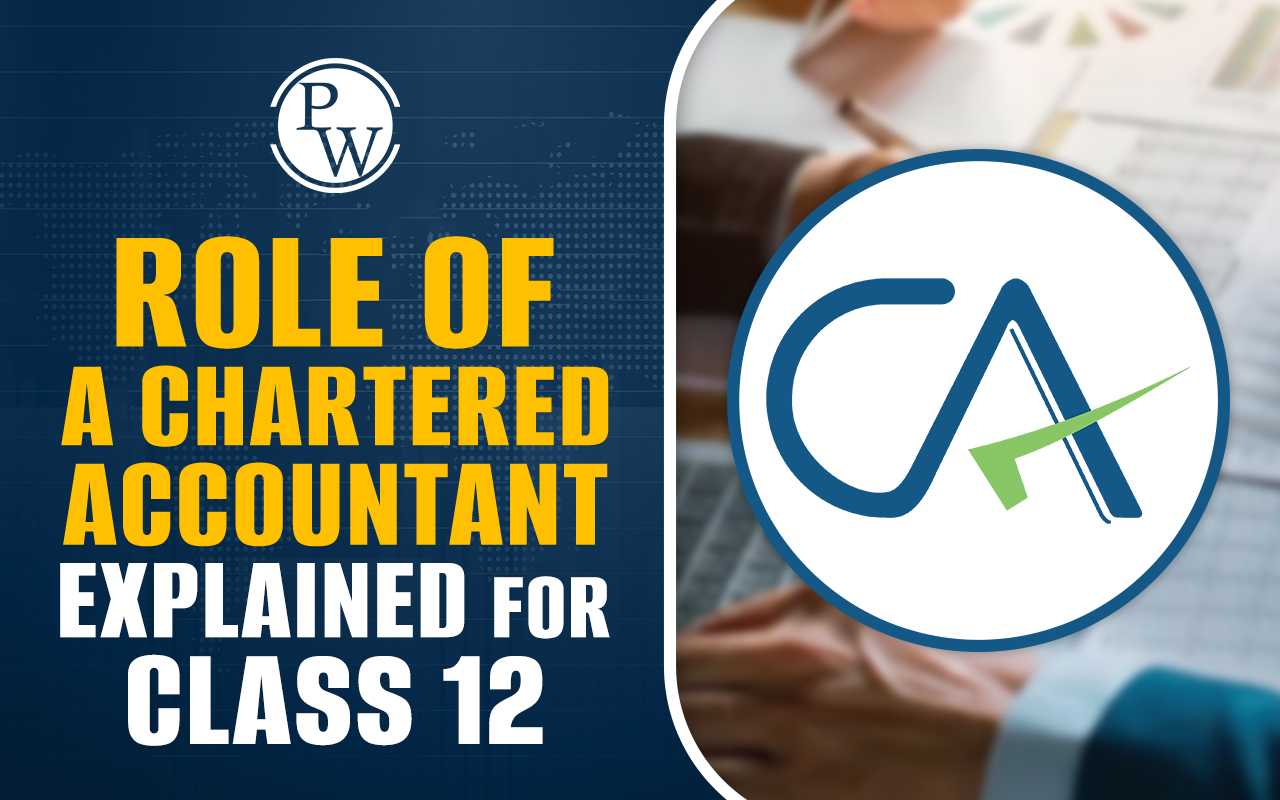
Private placement is a strategic method of raising capital in which securities are sold directly to a select group of investors rather than through a public offering. Many companies favour this financing approach, especially those seeking to expedite the funding process while maintaining a higher level of confidentiality.
Unlike public issues that require extensive disclosures and compliance with numerous regulatory requirements. It offers a more streamlined and cost-effective alternative. This article will delve into the meaning of private placement, explore its various types, and highlight its significant advantages to companies seeking to secure capital.Types of Private Placement
Private placement is a method by which companies can raise capital by selling securities to a select group of investors rather than through a public offering. This approach provides flexibility and various options tailored to meet the company's and its investors' specific needs. There are several types of private placements, each with distinct characteristics:- Equity Private Placement: It involves selling ownership interests in a company, such as common or preferred stock. This method allows companies to raise capital by offering ownership stakes to investors.
- Debt Private Placement : Debt private placement involves selling debt securities, such as bonds or notes, to investors. This approach allows companies to raise capital by borrowing money from investors with an agreement to pay interest and repay the principal over time.
Investor Benefits : Investors in debt private placements receive regular interest payments and benefit from repaying the principal at the end of the term.
- Convertible Private Placement : Convertible involves issuing securities that can be converted into equity or debt securities later. This method allows companies to raise capital through debt or equity offerings based on market conditions and investor demand.
- Hybrid Private Placement: This placement involves issuing securities that combine features of both equity and debt securities. This approach allows companies to raise capital while offering investors a flexible investment option that includes regular interest payments and potential capital appreciation.
| Related Links | |
| Sectors of the Economy | Market Entry Strategy |
| Incidental Trading Activity | Sources of Recruitment: Definition, Advan tages |
Key Participants in Private Placement
Private placement involves several key participants who play crucial roles in the process. Here's a breakdown of these participants:- Issuer : The issuer seeks to raise capital through private placement. It could be a corporation, startup, or other entity needing funds for expansion, operations, or specific projects.
- Investors : Investors are the entities or individuals providing capital in exchange for securities issued through such placements. They could include accredited investors, venture capital firms, private equity funds, or institutional investors.
- Placement Agent : A placement agent is an intermediary between the issuer and the investors. They facilitate the placement process, helping the issuer structure the offering, find suitable investors, and negotiate terms. Placement agents may be investment banks, broker-dealers, or specialised firms.
- Legal Advisors : Legal advisors play a crucial role in placements by ensuring compliance with securities regulations and drafting necessary legal documents. They advise both the issuer and the investors on legal aspects, risks, disclosures, and terms of the offering.
- Financial Advisors : Financial advisors provide expertise in financial matters related to the placement. They assist in valuing the company, structuring the offering, preparing financial projections, and advising on pricing and terms to maximise investor interest.
- Auditors : Auditors are responsible for verifying the financial statements and ensuring their accuracy and compliance with accounting standards. Their role is critical in providing investors with assurance regarding the issuer's financial health and transparency.
- Regulatory Authorities : Regulatory authorities oversee placement activities, such as the Securities and Exchange Commission (SEC) in the United States or equivalent bodies in other jurisdictions. They enforce securities laws and regulations to protect investors and ensure fair practices in capital markets.
- Board of Directors/Management : The issuer's board of directors and management play a supervisory and decision-making role in the placement process. They approve the issuance of securities, review investor offers, and ensure alignment with corporate strategy and shareholder interests.
Advantages of Private Placement
Private placement as a financing strategy offers several advantages, enabling companies to efficiently streamline the capital-raising process. These benefits are outlined below:- Speedy Financing : This accelerates the capital-raising process. Unlike the lengthy procedures associated with public share issues, private placement allows companies to secure capital swiftly, often within a few months.
- Economical : Opting for such cost-effectiveness. Companies can avoid expenses related to the preparation and printing of prospectuses, application forms, transportation, and extensive advertising required for a public issue.
- Confidentiality : This operates within a select group of business entities, ensuring a confidential process. Unlike public issues that require extensive disclosures, these maintain a higher level of confidentiality throughout the allocation process.
- Market Stability : The private placement market is generally more stable compared to the stock market. With less volatility, this provides a more controlled environment for companies seeking capital without the fluctuations often seen in public stock markets.
- Raising Small Capital : Private placement offers the flexibility to raise smaller amounts of capital. This is particularly advantageous for companies with modest capital requirements, eliminating the need for a public issue, which is more suitable for substantial capital needs.
Private Placement Disadvantage
While private placement offers numerous benefits, it also comes with certain disadvantages. Here are some key drawbacks:- Limited Access to Capital : This is typically limited to a small number of investors, which can restrict the amount of capital a company can raise compared to public offerings.
- Higher Costs for Small Transactions : Although private placements are generally more cost-effective than public offerings, the costs for legal, advisory, and placement fees can still be significant, especially for smaller amounts.
- Investor Limitations : The pool of potential investors is often limited to sophisticated or institutional investors, which can restrict opportunities for individual investors to participate.
- Regulatory and Compliance Risks : Despite being less regulated than public offerings, this still requires compliance with various regulations and disclosures, which can be complex and time-consuming.
- Potential Dilution of Control : Issuing new securities through this can dilute the founder's and existing shareholders' control over the company, especially if the new investors are granted significant voting rights.
- Liquidity Constraints : Securities issued through private placement are typically not as liquid as those traded on public exchanges. This can make it difficult for investors to sell their holdings quickly or at a fair market value.
- Market Perception : Companies opting for private placement may be perceived as having limited growth potential or needing help accessing public markets, which could affect their reputation and market perception.
- Disclosure Limitations : While maintaining confidentiality, the lack of extensive disclosure can sometimes lead to a lack of transparency, potentially deterring some investors who prefer the greater transparency of public markets.
- Shorter Investor Relations Cycle : Companies may need help to build and maintain relationships with smaller investors than a broader public shareholder base.
Begin your journey towards academic excellence in Commerce with our comprehensive Class 11 Commerce courses . Master the CBSE syllabus with expert guidance and ace your exams. Enroll now!”
Private Placement FAQs
How does a private placement work?
In a private placement, a company sells its shares to a pre-selected group of investors privately, allowing it to raise funds without the regulatory requirements of an IPO, thus maintaining its private status.
What are the advantages of private placement?
Private placement provides faster access to capital, involves less regulatory compliance, and allows companies to target specific investors who can add strategic value.
What types of securities are offered in a private placement?
Stocks, bonds, and convertible securities are common securities offered in private placements, depending on the company's needs and investors' preferences.
Talk to a counsellorHave doubts? Our support team will be happy to assist you!

Check out these Related Articles
Free Learning Resources
PW Books
Notes (Class 10-12)
PW Study Materials
Notes (Class 6-9)
Ncert Solutions
Govt Exams
Class 6th to 12th Online Courses
Govt Job Exams Courses
UPSC Coaching
Defence Exam Coaching
Gate Exam Coaching
Other Exams
Know about Physics Wallah
Physics Wallah is an Indian edtech platform that provides accessible & comprehensive learning experiences to students from Class 6th to postgraduate level. We also provide extensive NCERT solutions, sample paper, NEET, JEE Mains, BITSAT previous year papers & more such resources to students. Physics Wallah also caters to over 3.5 million registered students and over 78 lakh+ Youtube subscribers with 4.8 rating on its app.
We Stand Out because
We provide students with intensive courses with India’s qualified & experienced faculties & mentors. PW strives to make the learning experience comprehensive and accessible for students of all sections of society. We believe in empowering every single student who couldn't dream of a good career in engineering and medical field earlier.
Our Key Focus Areas
Physics Wallah's main focus is to make the learning experience as economical as possible for all students. With our affordable courses like Lakshya, Udaan and Arjuna and many others, we have been able to provide a platform for lakhs of aspirants. From providing Chemistry, Maths, Physics formula to giving e-books of eminent authors like RD Sharma, RS Aggarwal and Lakhmir Singh, PW focuses on every single student's need for preparation.
What Makes Us Different
Physics Wallah strives to develop a comprehensive pedagogical structure for students, where they get a state-of-the-art learning experience with study material and resources. Apart from catering students preparing for JEE Mains and NEET, PW also provides study material for each state board like Uttar Pradesh, Bihar, and others
Copyright © 2025 Physicswallah Limited All rights reserved.












